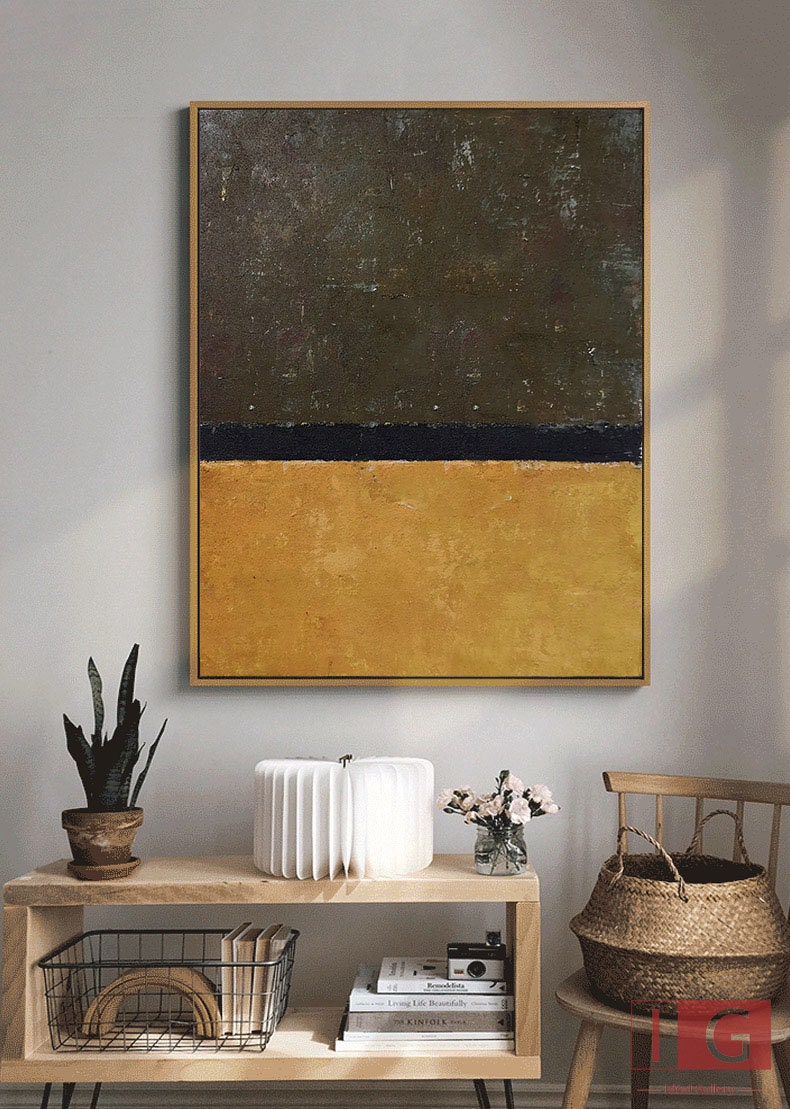
This might seem extreme to some people, but it just works for them. Some minimalists go so far as to live in tiny houses or travel with only a carry-on suitcase. Read more: 5 Warning Signs You Have Clutter Blindness (Including Solutions) It just feels better to them when their environment is clean and uncluttered. It’s why minimalists are often drawn to decluttering and simplifying their lives. They can’t stand being surrounded by too many things, especially if those things are useless or have no sentimental value. Minimalists are highly sensitive to clutter. This not only saves them money but also reduces waste and clutter. When something breaks, they try to fix it instead of throwing it away and buying a new one. They don’t believe in planned obsolescence or disposing of items just because they’re no longer new or trendy. Minimalists are also very good at taking care of their things. When deciding to purchase something, they’ve thought about it carefully and determined that it will add value to their lives in some meaningful way.

They feel burdened by too many possessions. They don’t need a lot of things to be happy and content - quite the opposite.
#Mimi malist how to#
Loves to maximise what they haveĪ minimalist person is resourceful and knows how to make the most of what they have. Read more: 10 Simple Steps To Get Started With Eco-Minimalism 3. So they make a conscious choice to consume less, which generally leads to a simpler and more fulfilling life. They understand that we can’t keep contributing to the overabundance of things and expect the planet to remain healthy and sustainable. On a deeper level, many minimalists have an innate sense that rampant consumerism is detrimental to our planet and its inhabitants. While minimalists appreciate possessions, they realise that more isn’t necessarily better and that “things” can never fill the voids in our lives. Spending their waking hours in shopping malls, online stores, taking advantage of sales, or just being around consumerism zaps their energy. Minimalists are borderline allergic to the bright lights of excessive consumerism. We become slaves to our schedules, tasks, things and toxic relationships.Ī minimalist person is skilled at creating and holding onto space no matter how much is going on in their lives. Without space, we’re trapped in complexity, busyness and, ironically, constraints. Space is the resource that creates the opportunity to design your life with intention and make room for experiences that matter most. If anything, creating white space is actually what drives minimalists to minimise. And, of course, space in your physical environment.
/AlisbergParkerArchitects-MinimalistKitchen-01-b5a98b112cf9430e8147b8017f3c5834.jpg)
This means more empty space in your calendar, room to think and breathe. Values white spaceĪ minimalist wants white space across all areas of life. If you’re interested in becoming a minimalist, it’s essential to figure out which characteristics resonate with you and focus on cultivating those aspects of your personality. You may identify with only a few of these qualities, while others may identify with most or all of them. Keep in mind that there is no one-size-fits-all definition of minimalism. So what does a minimalist person look like? What are the defining qualities of this type of individual? In this post, I share 14 characteristics that define minimalists. Mahatma Gandhi and Steve Jobs ruthlessly pursued simplicity and changed the world. Yet some of the most exciting and dynamic individuals in history practised minimalism. Minimalists are often very organised and efficient and find satisfaction in pursuing meaningful relationships and activities.ĭespite this, minimalists are frequently viewed as emotionless, privileged, dull, clinical and extreme. They don’t believe in owning things for the sake of owning things - they only keep what is truly important to them. A minimalist person is someone who has a simple, uncluttered lifestyle.


 0 kommentar(er)
0 kommentar(er)
